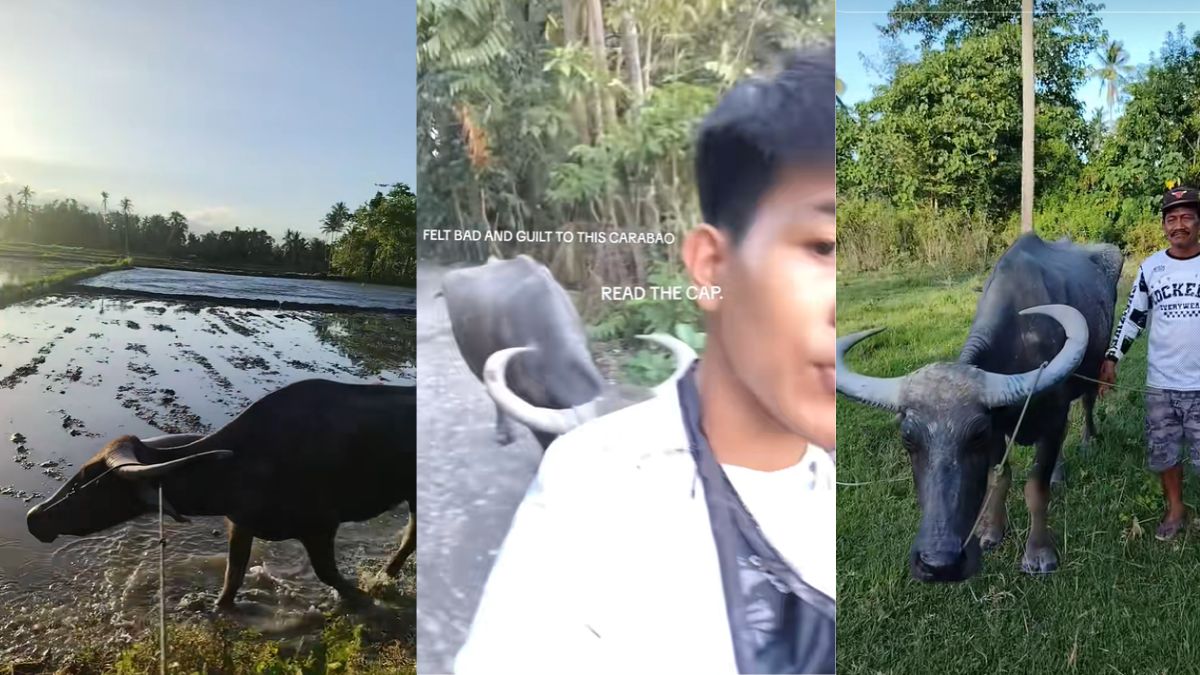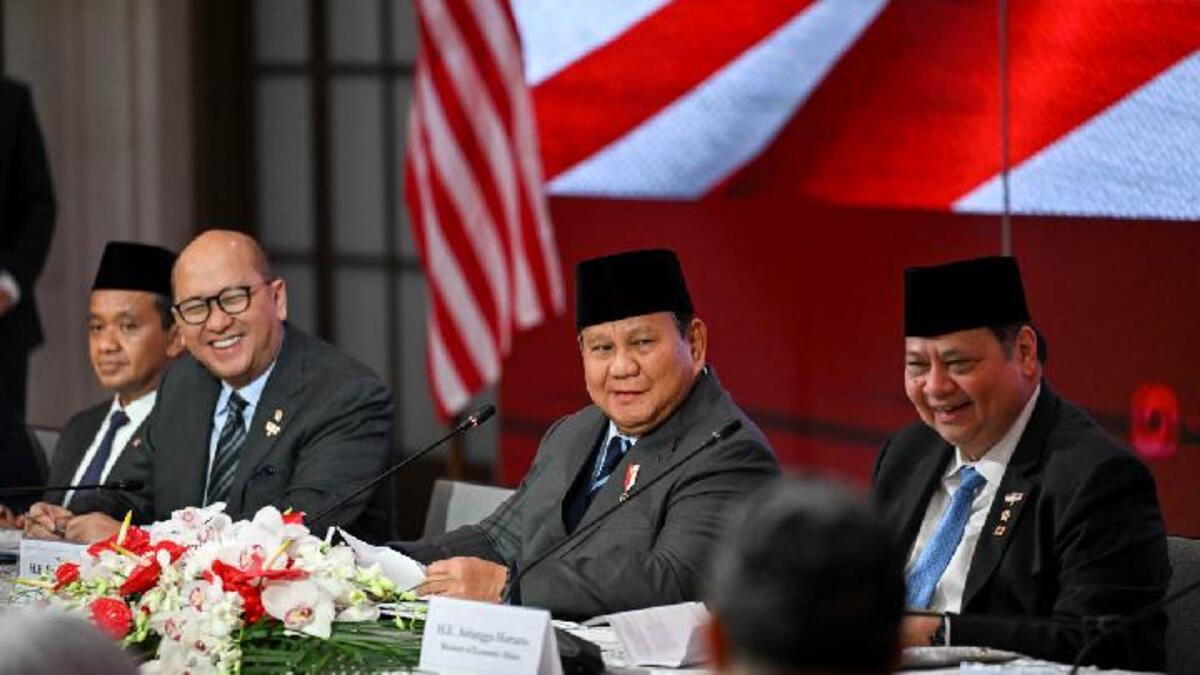Jakarta enforces sweeping ban on sale & consumption of dog, cat and bat meat to curb rabies & improve welfare
Jakarta has enacted Governor Regulation No. 36/2025, banning the trade, slaughter and consumption of meat from animals deemed rabies-transmitting — including dogs, cats and bats. The regulation becomes effective on 24 November 2025, with fines, licence revocations and confiscations for violators. A six-month grace period precedes enforcement. The move responds to rising rabies casualties and sustained campaigning by animal-welfare groups.

- The provincial government of Jakarta has enacted Governor Regulation No. 36 of 2025, which bans the trade, sale, slaughter and consumption of meat from animals considered rabies-transmitting — including dogs, cats and bats — effective 24 November 2025.
- Under the regulation, first-time offenders receive written warnings and confiscation of animals or meat; repeated violations may result in closure of business and revocation of licence.
- The move is driven by public-health concerns, particularly the risk of rabies, and follows sustained pressure from animal-welfare groups including Dog Meat Free Indonesia (DMFI).
JAKARTA — The capital city’s government has officially prohibited the sale, slaughter, and consumption of dog, cat and bat meat under Governor Regulation No. 36 of 2025.
The regulation, signed on 24 November 2025 by Pramono Anung, takes effect immediately — though a six-month grace period is granted before full enforcement begins.
In a statement, the governor asserted that the ban targets “rabies-transmitting animals” used for food, whether alive, raw, cooked or processed. The prohibition also extends to the killing or slaughtering of such animals for human consumption.
According to the regulation’s Article 27A, all trade involving “rabies carrier animals or their products for food purposes” is outlawed. Article 27B further criminalises the slaughter or killing of these animals for food. The list of restricted animals includes dogs, cats, monkeys, bats, civets and similar species.
Sanctions, enforcement and scope of the ban
The regulation outlines a graduated sanction scheme: first-time offenders receive a written warning and seizure of animals or meat found in their possession. If individuals or businesses persist, authorities may close their operations and revoke business licences altogether.
Authorities emphasised that the ban covers every stage — from procurement and slaughter to cooking and sale. The regulation targets not only raw carcasses but also processed products derived from rabies-carrying animals.
Enforcement will involve the local civil service police and relevant regional agencies, which will oversee inspections, confiscations, and licence revocations for repeat violators.
Public health and animal-welfare rationale
The primary impetus for the ban is public health: the meat of dogs, cats, bats and other non-farm animals carries a significant risk of rabies transmission. Jakarta recorded 25 rabies-related human deaths between January and March 2025 alone, according to the national health ministry.
Advocacy by animal-welfare organisations helped accelerate the move. The NGO Dog Meat Free Indonesia (DMFI) has repeatedly raised concerns about animal cruelty, public health, and the moral implications of meat trade from pets or stray animals.
The governor himself acknowledged that a meeting with animal-welfare activists last October catalysed the new regulation. He pledged to take action within one month, a promise realised with the signing of Regulation 36/2025.
Critics note that dog meat has long been consumed by certain groups both in Jakarta and beyond — sometimes considered a cheap protein source or local delicacy. The regulation therefore challenges entrenched practices and some cultural preferences.
Implications for businesses, consumers and wider Indonesia
For restaurants, food stalls and markets that previously dealt in dog, cat or bat meat, the new regulation will require a rapid shift. License revocations loom for repeat violators, and confiscation of stock is mandatory. In the six-month grace period, businesses still have the opportunity to adapt or cease such trade voluntarily.
For consumers, the ban effectively removes the legal supply of these meats — potentially driving former demand underground or prompting dietary shifts. Observers suggest Jakarta’s move could influence other regions. As a national capital, its regulation may serve as a precedent for other provinces.
Animal-welfare advocates view the measure as a major victory, not only for public health but also for the effort to align local food policies with evolving views on animal rights and cruelty. DMFI described the ban as a step toward “a just and civilised nation.”
Shifting norms: from delicacy to banned meat
Consumption of dog or cat meat has been tolerated in some parts of Indonesia, albeit controversial. In a country with a Muslim majority and cultural dietary restrictions, such meats have often carried stigma — yet certain ethnic or regional communities have maintained traditional or economic practices.
In recent years, demand reportedly declined, influenced by rising health concerns, social pressure and changing attitudes — especially among younger urban populations that increasingly view dogs and cats as pets rather than livestock.
The new regulation formalises these evolving norms into law. By banning the trade entirely — not just restricting it — Jakarta is attempting at a systemic shift, not incremental discouragement.
Reaction from animal-welfare groups and public health advocates
Animal-welfare groups welcomed the decision.
The ban fulfils long-standing calls by organisations like DMFI to stop commercial trading of meat from animals that are not typical livestock, emphasising both cruelty and zoonotic risks.
Supporters argue the regulation aligns with constitutional obligations to protect public health and the rights of citizens to safe food.
Public health officials stressed the urgency of reducing rabies risk, pointing to the number of human fatalities in 2025 — and warning that continued trade would hamper efforts to eradicate rabies in Indonesia.
Challenges and future considerations
Despite the ban, authorities may face enforcement challenges.
Some meat trade operates informally or underground, circumventing inspections. The success of the regulation will depend on consistent enforcement and public-education campaigns — especially to deter demand from consumers who view such meats as traditional or affordable protein.
There is also the question of replication: whether other Indonesian provinces will follow Jakarta’s lead.
So far, bans in other regions (for example in North Sulawesi) suggest a growing trend — but national legislation remains absent.








